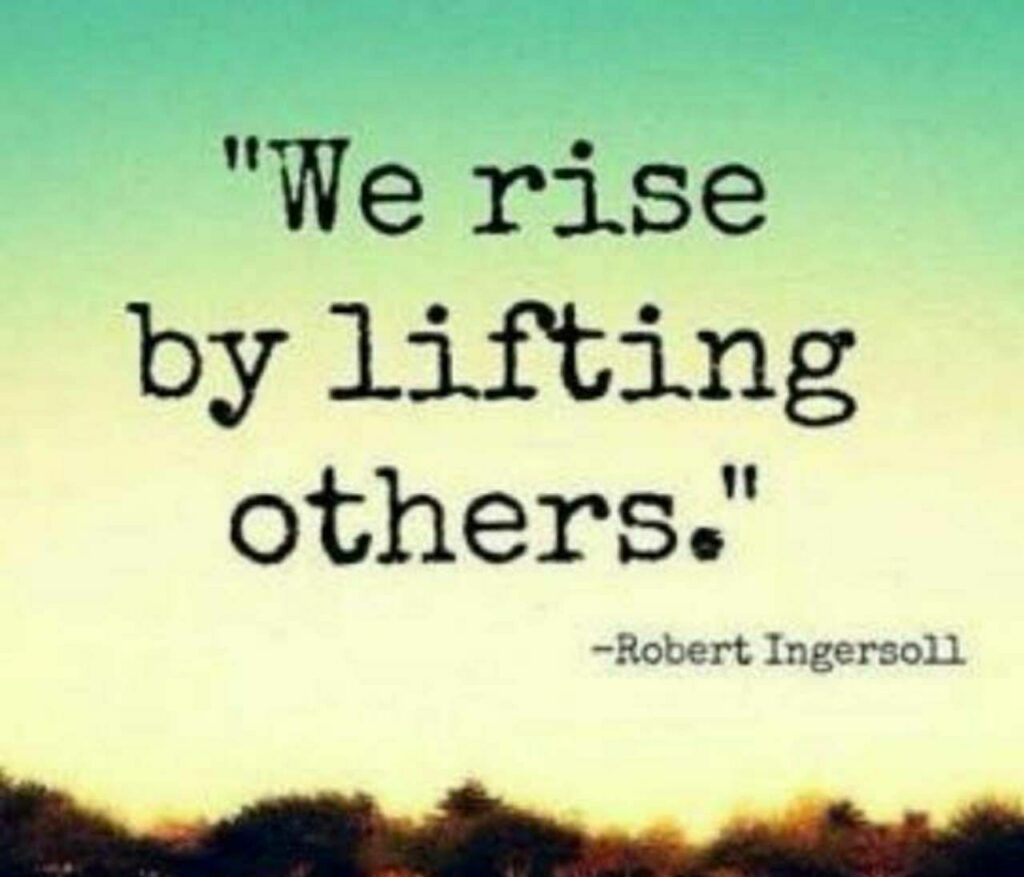05th August, 2022
There once was a man who sat on a fishing dock and observed how a bunch of live crabs, in a bucket, behaved.
While all of them squirmed at the bottom, every now and then, one crab would crawl up the side in an effort to reach the top and escape. But each time it made its way closer to the rim, a crab from below would reach up and pull it back down. Then, another crab would climb upward, and again, one crab from the bottom would tug it back down.
A crab placed alone in a bucket will easily climb out and escape, but when you place it with a few of its mates, this interesting phenomenon occurs: One at a time, as the crabs try to escape, other crabs will pull them back down to their misery and the group’s collective demise.
In psychology, this behaviour became known as “The Crab Effect,” or “The Crab Mentality,” as a way to illustrate the selfish, harmful, and jealous mindset of some members in a group, who will try to undermine and halt the progress of the other better-performing members in the group.
In short, people who fall into this crab effect, carry this mantra with them: “If I can’t have it, neither can you.” And that’s why sometimes, without realizing it, our environment can be holding us back from moving forward in the direction that we wish.
In a way, that’s why, in Atomic Habits, James Clear wrote: “Environment is the invisible hand that shapes human behaviour.”
Is Your Environment Holding You Back?
Do you ever feel like people in your life are holding you back?
Do you ever feel like you’re that crab in the bucket, trying to escape, only to be pulled back down by those around you? Like you’re a victim of this Crab Mentality?
This jealous nature of thinking is illustrated by what Stanford psychologist Carol Dweck termed “The Fixed Mindset.”
People with a fixed mindset believe that their character, intelligence, and creative qualities are fixed and cannot be improved. That’s why they have the tendency to avoid challenges, give up easily, render effort useless, ignore feedback, and feel threatened by the success of others.
So instead of doing challenging work and advancing themselves forward, they’re naturally playing small and pulling others down as a means of “staying on top.”
The Crab Mentality thrives on the fixed mindset that was described above, but this mindset is also an extension of what Stephen Covey described in his book, ‘The 7 Habits of Highly Effective People,’ as the ‘scarcity mindset’:
“People with a scarcity mentality tend to see everything in terms of win-lose. There is only so much; and if someone else has it, that means there will be less for me.”
It’s a mindset we cultivate from our environment and one that is built on the assumption that if someone else becomes successful, this would somehow mean that we can no longer reach higher levels of success anymore.
And this kind of thinking will suck the joy out of your life: You’ll perceive your peers as competitors rather than people you can collaborate with and learn from.
You’ll work from a place of fear, emptiness, and insecurity rather than a place of self-worth and confidence.
You’ll narrow-down your vision and so you’ll only see the one small piece of the pie, not the entirety of it.
A broader and more empathetic, ego-less perspective, is what Stephen Covey describes as the ‘Abundant Mindset’: “The more we develop an abundance mentality, the more we are genuinely happy for the successes, well-being, achievements, recognition, and good fortune of other people.
We believe their success adds to – rather than detracts from – our lives.”
But here’s what you and I need to realize:
‘Sometimes, we’re the victims of the crab effect, and sometimes we’re the instigators of it. Sometimes, you’re the one being pulled down, and sometimes you’re the one doing the pulling.
Adopt an ‘Abundant Mindset’ and Stay Blessed Forever.

